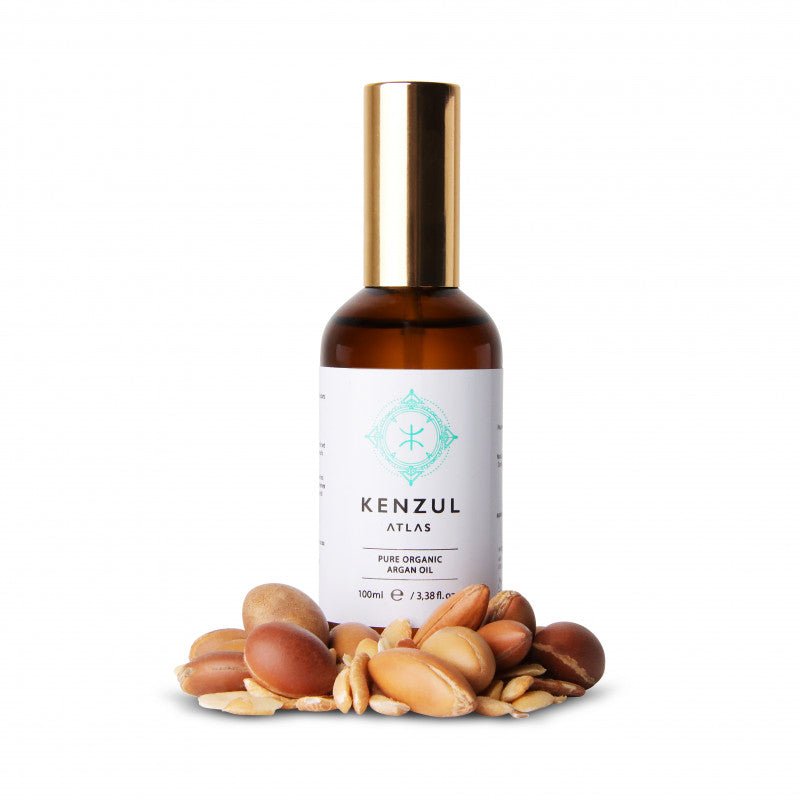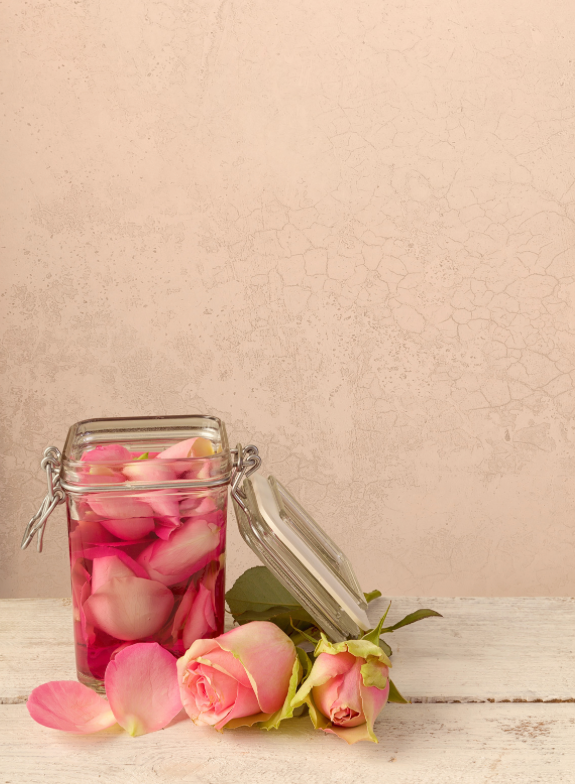Rose water has been used for centuries for its many benefits. It is a by-product of the distillation of rose petals and is used in many different cultures for a variety of purposes, from culinary to cosmetic. Rose water is a gentle and natural alternative to many synthetic products and has many health and beauty benefits.
History And Origin Of Rose Water:
The use of rose water dates back to ancient times, with evidence of its use in texts from ancient Persia, India, Greece and Rome. In Persia, rose water was used in religious ceremonies, while in India it was used in Ayurvedic medicine. The Greeks and Romans used rose water in perfumes and in their baths. Throughout history, rose water has been associated with beauty, love and romance, and has been used in cosmetics, perfumery and culinary dishes.
Rose Water Benefits:
Skin care: Rose water is found to be good for skin care. It has natural anti-inflammatory properties that can help reduce redness and irritation, making it a great toner for those with sensitive skin. It also helps balance the skin's pH and control excess oil production, which can help reduce acne breakouts. Rose water is also a natural astringent that helps tighten pores and improve skin texture.
Hair Care: Rose water is also beneficial for hair care. It helps to soothe an itchy scalp and reduce dandruff. It can also help condition hair, making it soft and shiny.
Aromatherapy: Rose water has a calming and relaxing scent that can help reduce stress and anxiety. It can be used in aromatherapy by adding a few drops to a diffuser or spray bottle.
How To Use Rose Water:
Toner for the skin: Rose water can be used as a toner by applying it to the face after cleansing. Soak a cotton pad in rose water and gently rub it over the face.
Facial mist: Rose water can also be used as a facial mist to refresh and hydrate the skin. Fill a spray bottle with rose water and mist it over the face throughout the day.
Hair rinse: Rose water can be used as a hair rinse to soothe an itchy scalp and condition hair. Just mix rose water with water and use it as a final rinse after washing.
Aromatherapy: Rose water can be used in aromatherapy by adding a few drops to a diffuser or spray bottle. It can also be added to bath water for a relaxing bath.
History And Origin Of Rose Water:
The use of rose water dates back to ancient times, with evidence of its use in texts from ancient Persia, India, Greece and Rome. In Persia, rose water was used in religious ceremonies, while in India it was used in Ayurvedic medicine. The Greeks and Romans used rose water in perfumes and in their baths. Throughout history, rose water has been associated with beauty, love and romance, and has been used in cosmetics, perfumery and culinary dishes.
Rose Water Benefits:
Skin care: Rose water is found to be good for skin care. It has natural anti-inflammatory properties that can help reduce redness and irritation, making it a great toner for those with sensitive skin. It also helps balance the skin's pH and control excess oil production, which can help reduce acne breakouts. Rose water is also a natural astringent that helps tighten pores and improve skin texture.
Hair Care: Rose water is also beneficial for hair care. It helps to soothe an itchy scalp and reduce dandruff. It can also help condition hair, making it soft and shiny.
Aromatherapy: Rose water has a calming and relaxing scent that can help reduce stress and anxiety. It can be used in aromatherapy by adding a few drops to a diffuser or spray bottle.
How To Use Rose Water:
Toner for the skin: Rose water can be used as a toner by applying it to the face after cleansing. Soak a cotton pad in rose water and gently rub it over the face.
Facial mist: Rose water can also be used as a facial mist to refresh and hydrate the skin. Fill a spray bottle with rose water and mist it over the face throughout the day.
Hair rinse: Rose water can be used as a hair rinse to soothe an itchy scalp and condition hair. Just mix rose water with water and use it as a final rinse after washing.
Aromatherapy: Rose water can be used in aromatherapy by adding a few drops to a diffuser or spray bottle. It can also be added to bath water for a relaxing bath.


